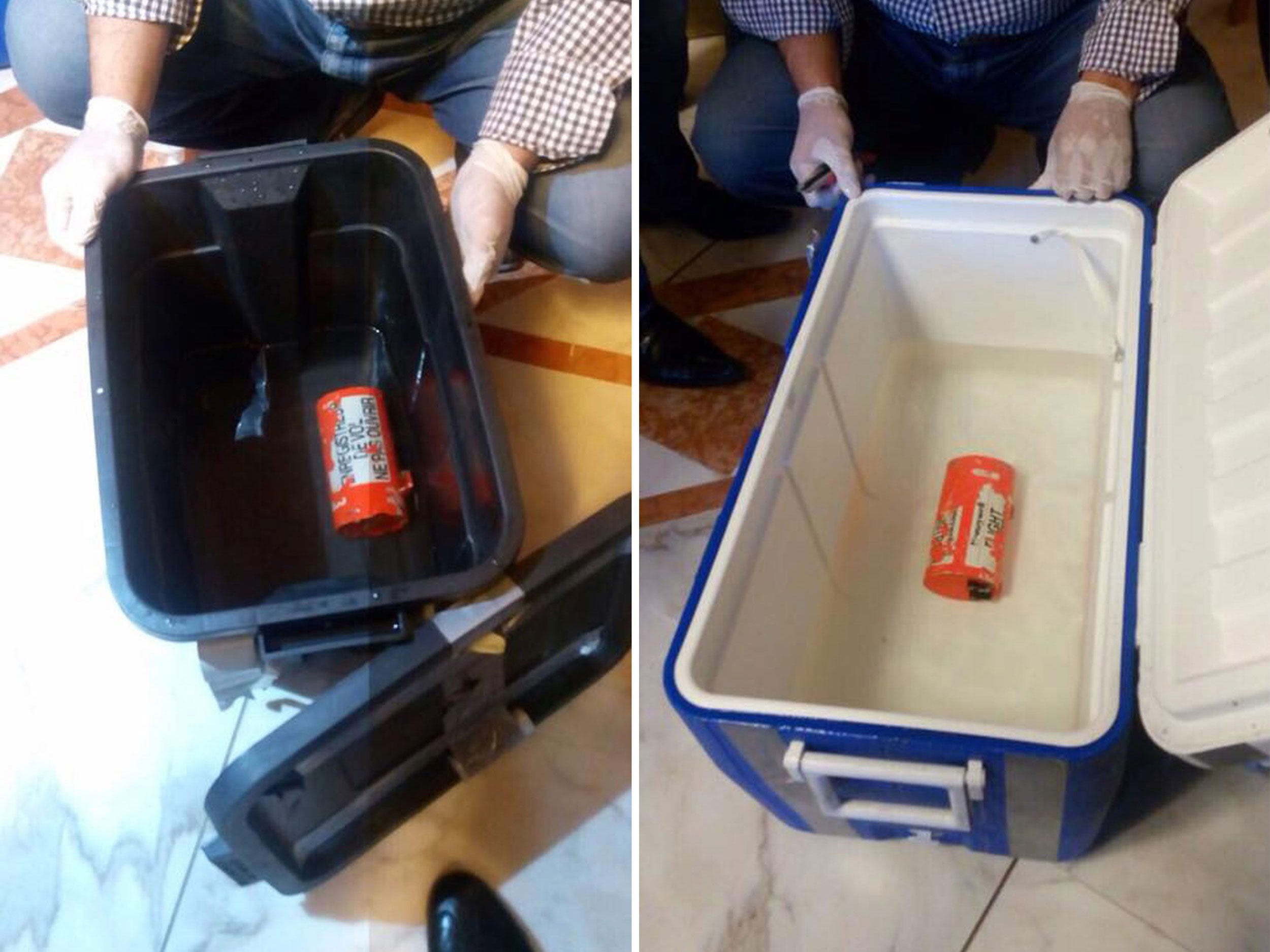EgyptAir crash: Investigators confident they will be able to access voice recordings from flight MS804
The cause of the crash is still unknown

Your support helps us to tell the story
From reproductive rights to climate change to Big Tech, The Independent is on the ground when the story is developing. Whether it's investigating the financials of Elon Musk's pro-Trump PAC or producing our latest documentary, 'The A Word', which shines a light on the American women fighting for reproductive rights, we know how important it is to parse out the facts from the messaging.
At such a critical moment in US history, we need reporters on the ground. Your donation allows us to keep sending journalists to speak to both sides of the story.
The Independent is trusted by Americans across the entire political spectrum. And unlike many other quality news outlets, we choose not to lock Americans out of our reporting and analysis with paywalls. We believe quality journalism should be available to everyone, paid for by those who can afford it.
Your support makes all the difference.Investigators will be able to access cockpit voice recordings of the EgyptAir plane which crashed in May, officials have said.
The black box flight data recorders on board Flight MS804 suffered damage when the plane came down and investigators had previously encountered difficulties downloading data from the devices. What caused the plane to fall into the Mediterranean on 19 May is currently unknown.
But, if successfully obtained, the audio files could provide a crucial insight into what caused the crash, which killed all 66 people on board.
"None of the memory chips of the electronic board were damaged," said Egyptian investigators involved in the examination of the device in France, adding that only some connecting components had to be replaced.
"Test results were satisfactory as [they] enabled the reading of the recorders of the CVR memory unit," they added. The Egyptian team now plans to bring the recorders to Cairo for further analysis.
Some other clues have already been yielded by the black boxes.
Seven minutes before contact was lost with the plane, a sequence of messages indicated numerous hazards on board. They were transmitted automatically using the plane's ACARS messaging system. The first message, sent at 2.26am Cairo time, read: “ANTI ICE R WINDOW”, indicating a problem with the heater for the co-pilot’s window. Six more messages followed in the next three minutes – two about window sensors and two mentioning smoke.
The final two messages, sent within seconds of each other at 2.29am, read “AUTO FLT FCU 2 FAULT” and “F/CTL SEC 3 FAULT”, indicating problems with the autopilot and the flight control system respectively. Four minutes later, the aircraft’s transponder made its last broadcast, relaying details of the aircraft and its location before it crashed.
Data from the flight recorder showed there was smoke in the lavatory and onboard equipment, and investigators have said they found heat damage on parts of the wreckage recovered from the Mediterranean sea floor last month.
Radar data also showed the aircraft had been cruising normally in clear skies on its flight from Paris to Cairo before it turned 90 degrees left, then spun 360 degrees to the right as it plummeted from 38,000 feet to 15,000 feet. It disappeared when it was at an altitude of about 10,000 feet.
The bulk of the wreckage is believed to be at a depth of about 3,000 meters. Deep ocean search teams are still working to find and recover human remains.
Join our commenting forum
Join thought-provoking conversations, follow other Independent readers and see their replies
Comments